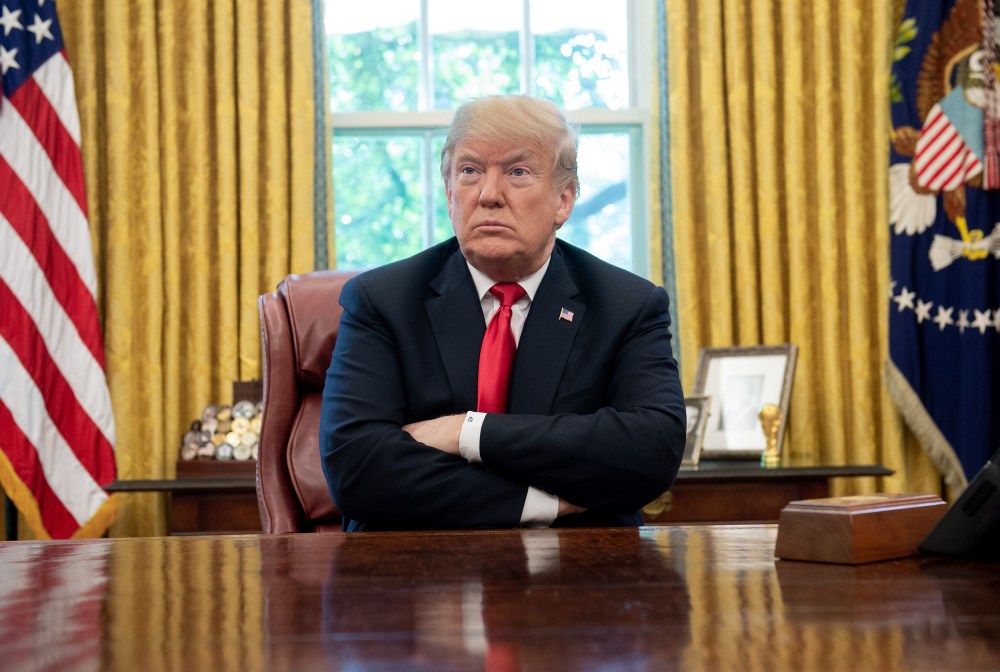The last time an incumbent American president lost a re-election bid, Americans saw a Republican capable of dignity and grace. “The people have spoken,” George H.W. Bush said, “and we respect the majesty of the democratic system.” Though the sting of defeat was still fresh, the outgoing president reminded supporters, “There is important work to be done, and America must always come first.”
Donald Trump, evidently, has chosen a very different course. The Republican incumbent has decided to reject the results he doesn’t like, brazenly lie to the public, concoct foolish conspiracy theories, and attack his own country’s democracy in ways no living American has ever seen from their president.
How unusual are these circumstances? Thomas Edsall reached out to a rather large group of historians and constitutional scholars “to see how they explain what should be an inexplicable response to an election conducted in a modern democracy.” Several used the “U” word.
For example, James Kloppenberg, a professor of American history at Harvard, responded to the inquiry in great detail, though he acknowledged at the outset, “Trump’s refusal to acknowledge defeat is unprecedented.” Samuel Moyn, a Yale historian, added, “I think we will come to understand him as the weakest recent president, and this ‘unprecedented’ situation in which he refuses to acknowledge election results is just more proof.”
Americans have seen close and contested elections, but Jonathan Gienapp, a professor of history at Stanford, added, “[N]one of these earlier examples featured what we see now: a completely manufactured controversy based on no evidence whatsoever, purely to maintain power, and to overturn a legitimate election.”
That said, it’s worth narrowing the focus a bit, because while the United States is wholly unaccustomed to such autocratic tantrums, these are familiar circumstances across much of the world. The New York Times noted today the degree to which Trump is “joining a club of truculent leaders who, regardless of what voters decide, declare themselves the winners of elections.”
That club counts as its members far more dictators, tyrants and potentates than leaders of what used to be known as the “free world” — countries that, led by Washington, have for decades lectured others on the need to hold elections and respect the result.
All of this, of course, comes with relevant caveats. Trump has not turned to violence or the use of force to crush opposition forces. He also did not cancel the election for fear of losing. While the Republican is in the midst of an ugly tantrum, there is no doubt that he will vacate the White House in 69 days.














